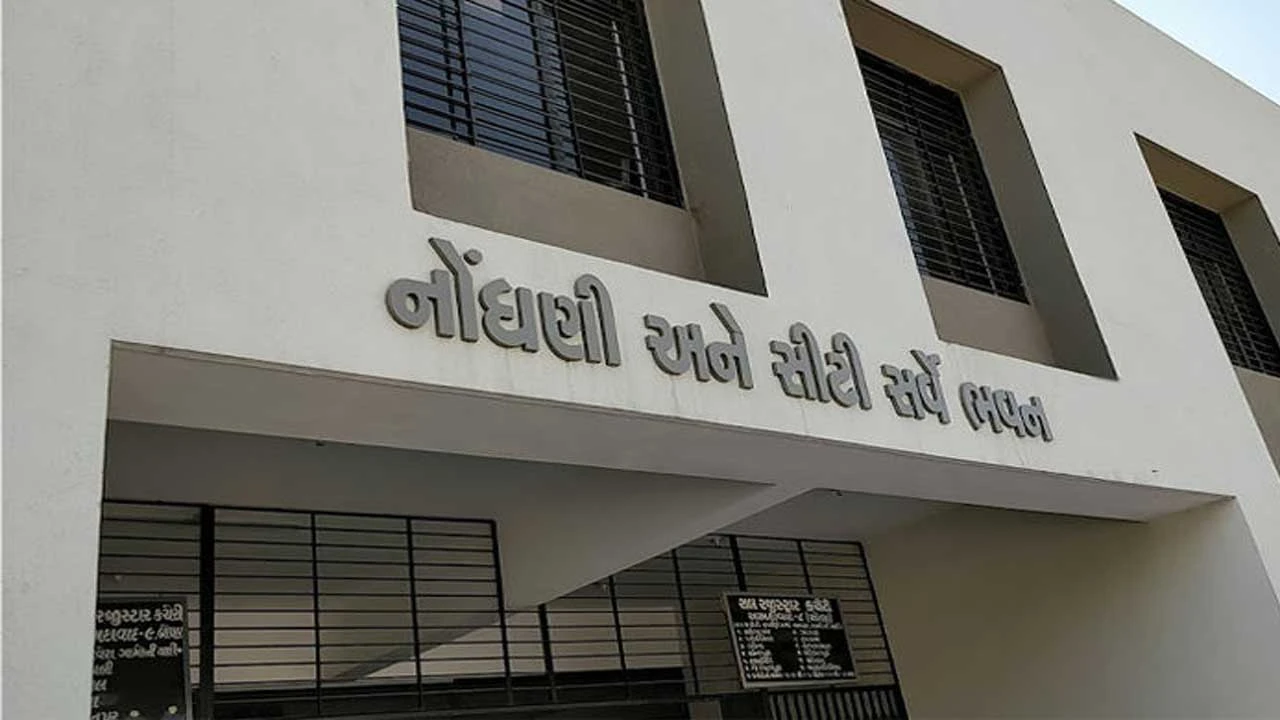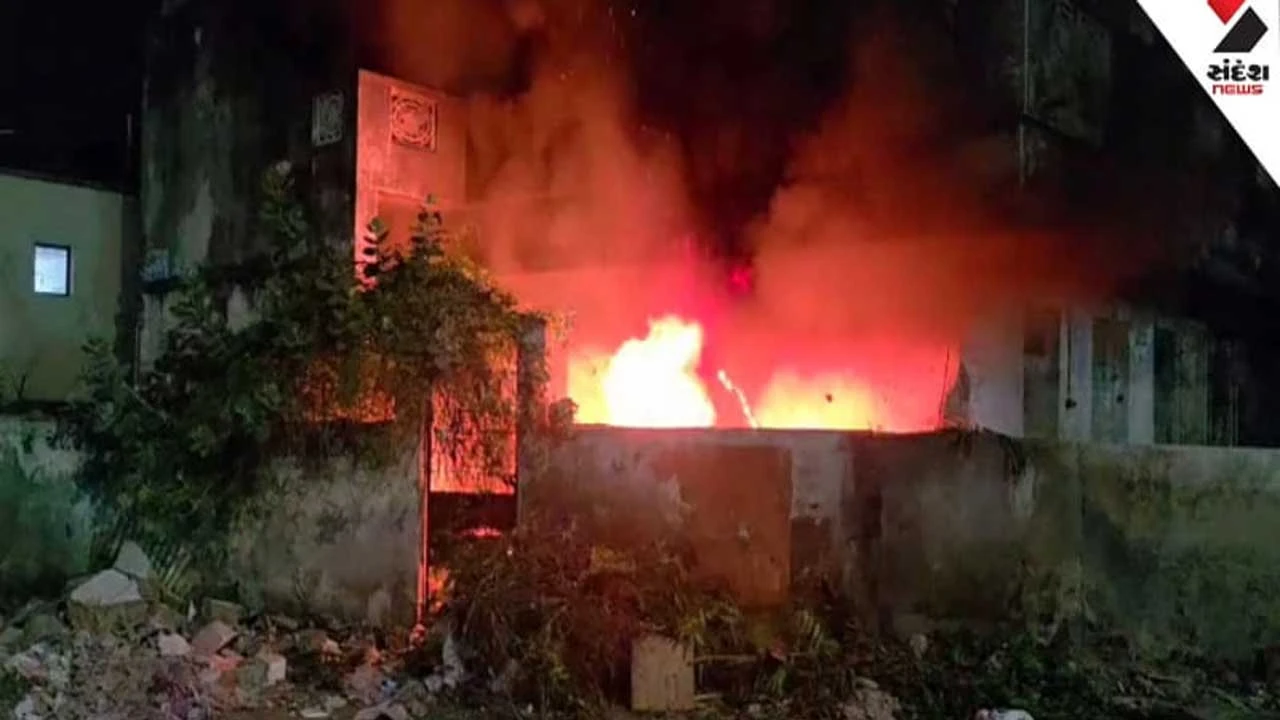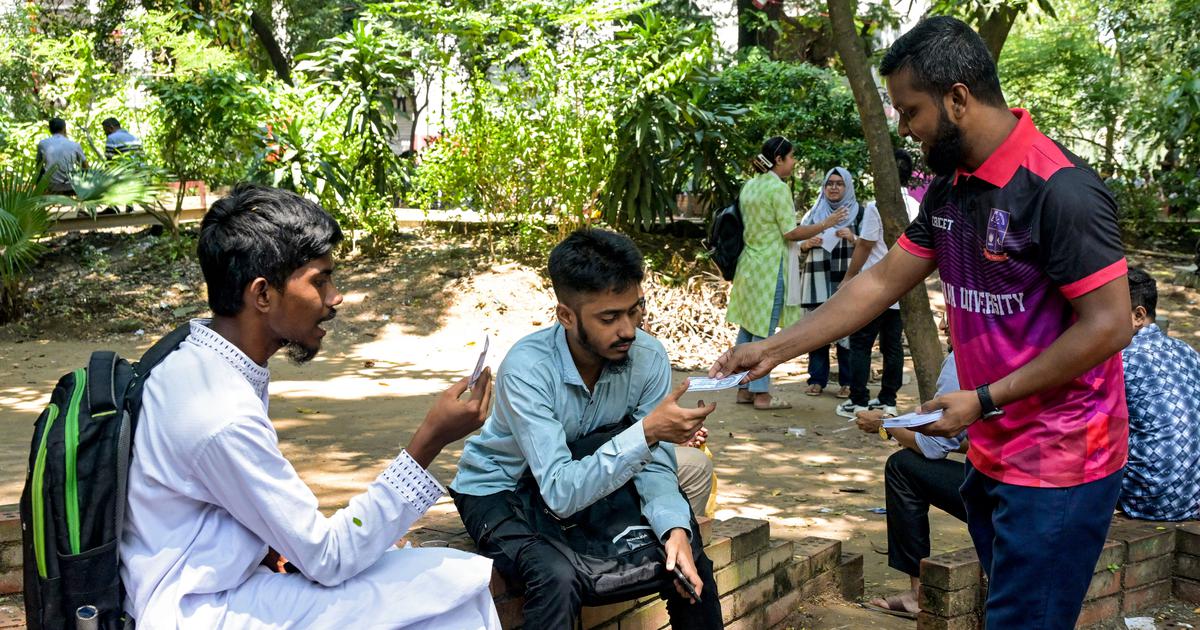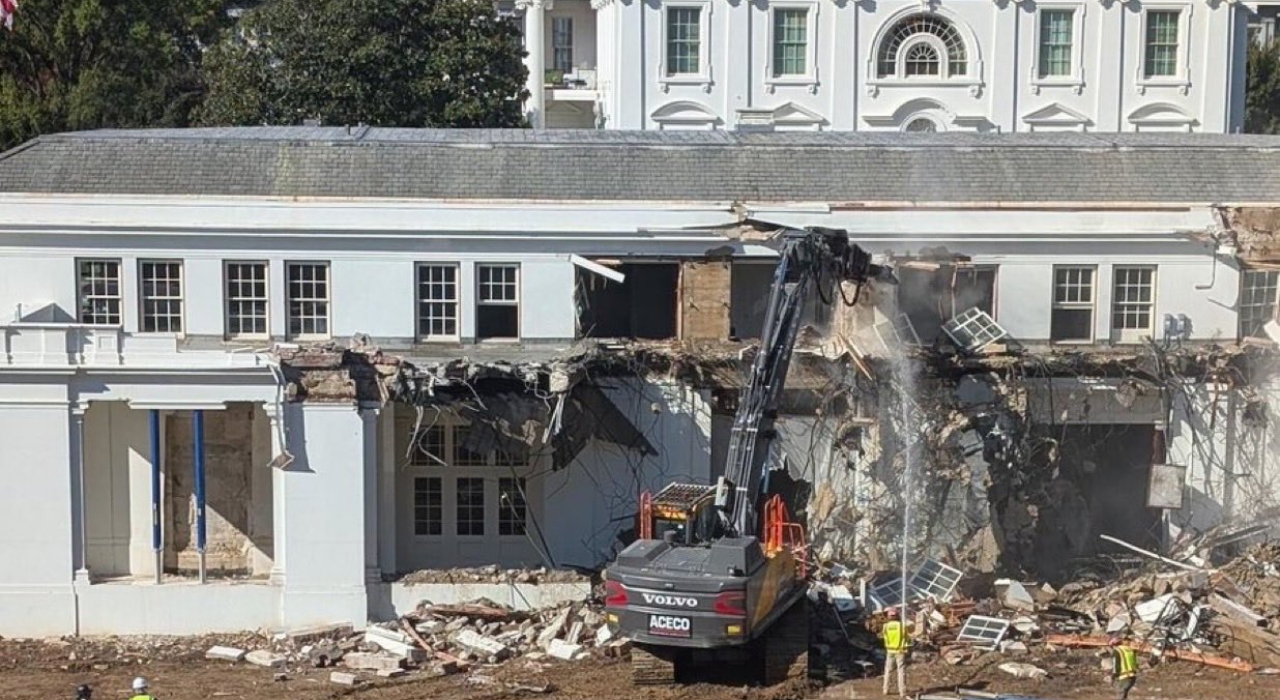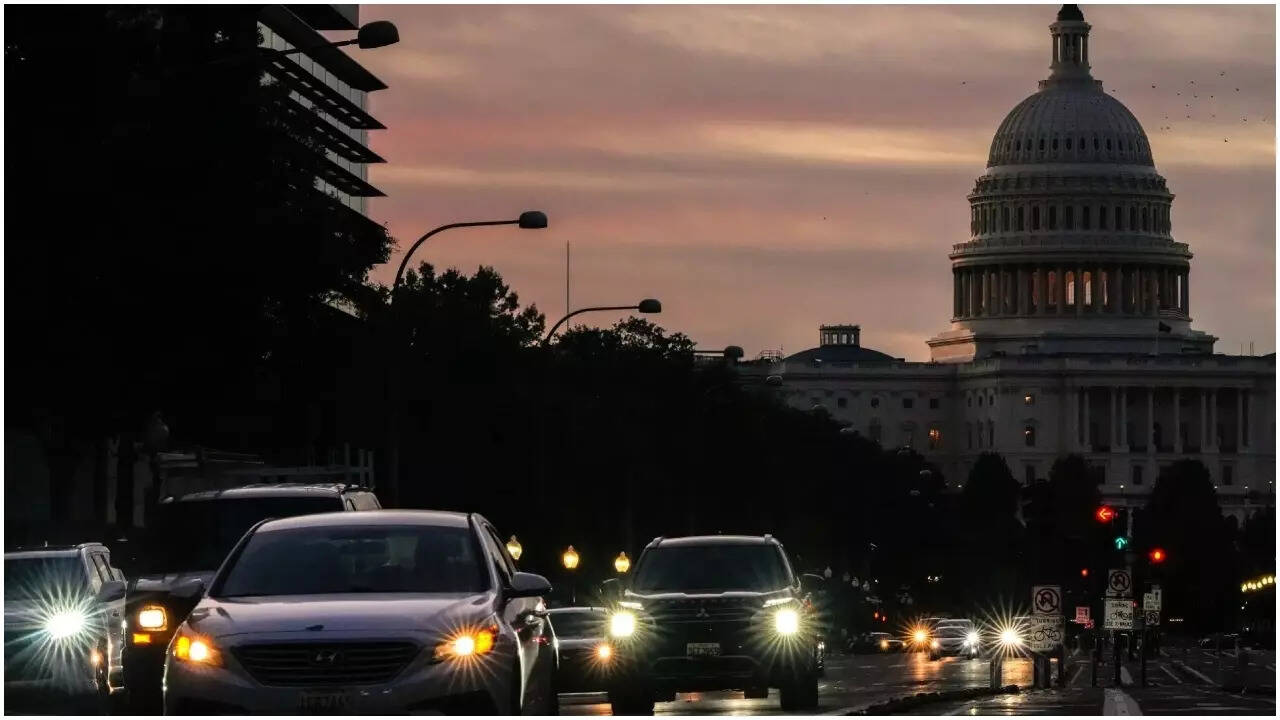Forced narco-analysis tests on accused violate constitutional rights: Supreme Court

Join our WhatsApp Community to receive travel deals, free stays, and special offers!
- Join Now -
Join our WhatsApp Community to receive travel deals, free stays, and special offers!
- Join Now -

The Supreme Court on Monday ruled that conducting narco-analysis tests on persons accused in a case without their consent is not permissible and amounts to a violation of fundamental rights.
The court set aside a Patna High Court order that had permitted the test to be carried out on persons accused in a dowry death case.
A bench of Justices Sanjay Karol and Prasanna B Varale held that the High Court had erred in accepting the investigating officer’s request to conduct narco-analysis tests on the accused while hearing a bail plea.
In a narco-analysis test, the accused is injected with sodium pentothal, a drug that puts them in a sedated state. In this condition, they are believed to be unable to lie and may reveal truthful information.
Calling it an “impermissible investigative shortcut in a bail proceeding”, the Supreme Court said that such an approach violates Article 20(3) and Article 21 of the Constitution.
It added that a bail court cannot act as a “mini trial court” by allowing invasive procedures such as narco-analysis tests.
Article 20(3) of the Constitution protects individuals from being compelled to be a witness against themselves or give self-incriminating testimony. Article 21 pertains to protection of life and personal liberty.
The Supreme Court said that an accused has a right to...
Read more
What's Your Reaction?
 Like
0
Like
0
 Dislike
0
Dislike
0
 Love
0
Love
0
 Funny
0
Funny
0
 Angry
0
Angry
0
 Sad
0
Sad
0
 Wow
0
Wow
0


